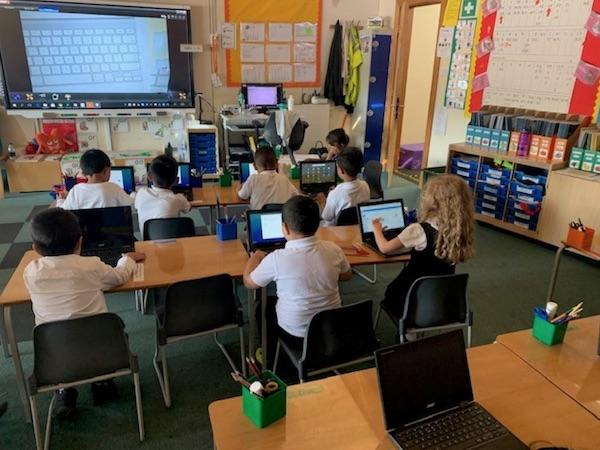Inclusive Learning – Giving Every Child Their Chance
At Culloden Primary Academy, we work hard to ensure every one of our pupils has the tools and support they need to be able to learn in the same manner as their peers.
Often inclusive learning is seen as something solely for children with special educational needs. While this is certainly part of it, inclusive learning is far more – it is a practice which includes everyone.

We approach it by looking at the individual needs of every child at our school. These can be academic, and often are, but we also examine other factors such as independence, resilience and attention skills. There are often other barriers to learning to consider, including social, gender and economic issues. This holistic approach allows us to see the whole picture, and from there we are able to take positive action and provide the most effective support.
There is often some confusion between the terms inclusive learning and integrated learning. Integrated learning, where students with and without disabilities all learn in the same classroom, can be very effective, and where this is the case then we will work to provide it. However, in other cases integration can actually be a barrier to learning. For instance, deaf students engaging in shared reading may be better off away from the main class in a space that is acoustically suitable, enabling them to access the work in a more helpful environment.
As every child’s individual needs have to be assessed for us to provide the most effective support, we begin this process in the summer term. This gives us enough time to plan and prepare, ensuring that everything will be in place when the new school year begins in September. However, each child’s progress is monitored throughout the year and if at any time it becomes apparent that additional or alternative measures would help them, then this is discussed amongst the relevant members of staff.
Much of the support we provide is done from within our school, however if we feel we don’t have the right resources to give the most effective support we will use external specialists instead. For example, we have speech and language therapists visit two or three times a week, and we also work with educational psychologists and occupational therapists. Independent learners benefit from task planners, visuals and visual aids, interventions and learning mentors.
We also work closely with other schools in the Trust, regularly meeting to work together, share best practice and expertise, which can then be applied successfully to the individual schools.
Giving every child a chance is at the heart of the Paradigm ethos and we invest heavily to achieve that. From building specialist units to bringing in external experts to the Paradigm Hinterland programme, we support our pupils in the most effective ways possible.

